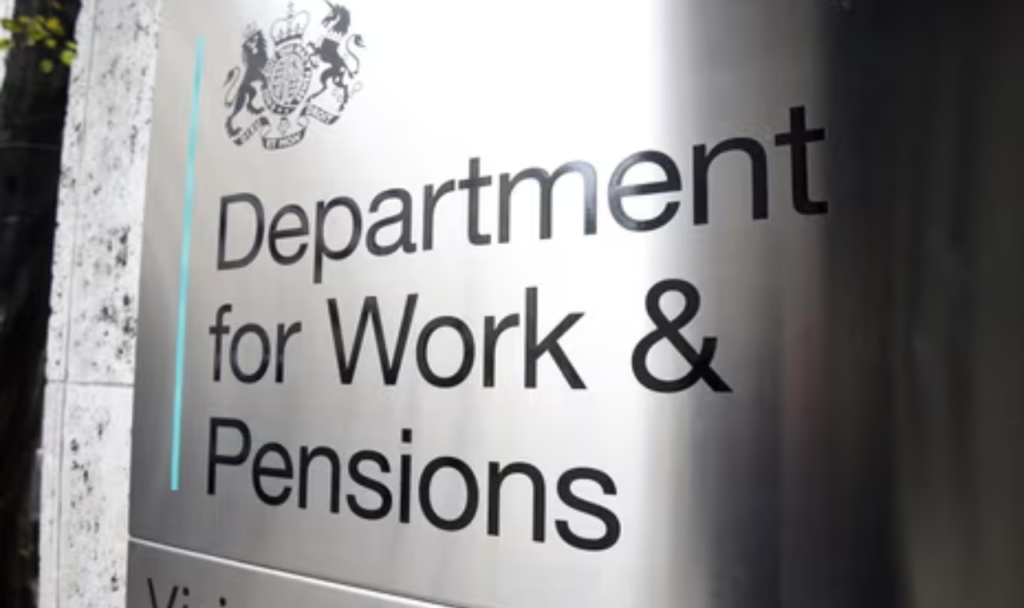The UK government has announced major reforms to the welfare system, with new eligibility rules set to impact over one million people receiving sickness and disability benefits. The Department for Work and Pensions (DWP) has unveiled measures aimed at cutting welfare spending by £5 billion by 2030, a move that has sparked widespread concern among advocacy groups and politicians.
Stricter Personal Independence Payment (PIP) Rules
One of the most significant changes will affect Personal Independence Payment (PIP), a benefit designed to help those with long-term health conditions and disabilities manage daily living and mobility costs. The new rules will introduce stricter eligibility requirements, meaning claimants will have to provide more evidence of severe difficulty in carrying out everyday tasks.
The government argues that this reform is necessary to prevent fraudulent or excessive claims, though critics warn it will disproportionately affect vulnerable individuals. Those currently receiving PIP are encouraged to stay updated by checking the official PIP eligibility criteria.
Universal Credit and Incapacity Benefit Overhaul
The Work Capability Assessment (WCA), which determines whether individuals can work while receiving Universal Credit, will be abolished by 2028. Instead, PIP will become the primary assessment for those seeking additional financial support due to health conditions.
Additionally, the higher-rate payments for incapacity benefits will be frozen for five years. This means that, with inflation, the real value of these benefits will decline, potentially leaving many claimants worse off.
Restrictions on Young Claimants
People under the age of 22 will face new restrictions when applying for health-related benefits. The government is set to introduce mandatory employment or training offers for young people with health conditions, aiming to encourage workforce participation. Critics argue that this could penalize young individuals with disabilities or chronic illnesses who may not be able to work.
Government Justification for the Cuts
Welfare Secretary Liz Kendall has defended the changes, stating they are necessary to fix a “broken system” and ensure that only those in genuine need receive support.
“The welfare system should be a safety net, not a lifestyle choice,” Kendall said. “We need to focus on helping people back into work while ensuring long-term support for the most vulnerable.”
The government has pledged to invest £1 billion annually into job support programs, aiming to assist disabled people and those with health conditions in finding employment. This funding will go towards training, mental health support, and job-matching services.

Criticism and Concerns
Despite government assurances, the proposed cuts have been met with significant backlash from opposition parties, disability rights groups, and financial analysts.
Political Opposition
Labour MP Richard Burgon has strongly opposed the plans, warning of a “mother of all rebellions” if the proposals are not scrapped. Within the Labour Party, there are divisions, with some calling for the government to reconsider the impact of these changes on the most vulnerable citizens.
Financial Impact on Claimants
Economists predict that some people could lose nearly £10,000 a year due to the combined effects of frozen payments and stricter eligibility criteria. Advocacy groups argue that reducing financial support could push more disabled individuals into poverty and homelessness.
Reaction from Advocacy Groups
The Disability Benefits Consortium, a coalition of charities and support groups, has condemned the proposed changes, calling them “cruel and unjust.” A spokesperson for the group stated:
“This policy will make life harder for disabled people and those with chronic illnesses. The government must rethink these reforms before they cause irreversible damage.”
Several disability charities have urged the government to conduct further consultations with affected communities before implementing the new rules. Those worried about losing benefits can seek advice from organizations like Citizens Advice and Disability Rights UK.
What Happens Next?
The reforms are expected to go through parliamentary debate before being officially rolled out. Some aspects, like the PIP changes, may take effect sooner, while others, such as the scrapping of the WCA, will be gradually introduced over the next few years.
If the proposals are passed without significant amendments, millions of people will need to reassess their eligibility and financial planning. Those currently receiving sickness benefits should regularly check for updates on the DWP website and seek professional advice where necessary.
Conclusion
The DWP’s new eligibility rules signal one of the most significant welfare overhauls in recent history, affecting over a million people. While the government insists that the changes will lead to a fairer and more efficient system, critics warn they could leave many struggling to make ends meet.
As the debate continues, individuals impacted by the reforms must stay informed, explore alternative financial support options, and prepare for potential changes to their benefits. The final outcome of these proposals will shape the future of disability and sickness benefits in the UK for years to come.

Pankaj Kumar is a journalist at Chandigarh X, covering admit cards, recruitment, and government schemes. His articles provide readers with detailed insights into application processes, eligibility, and exam updates.
Outside of work, Pankaj enjoys traveling, fitness, and cricket, often participating in local matches on weekends.



